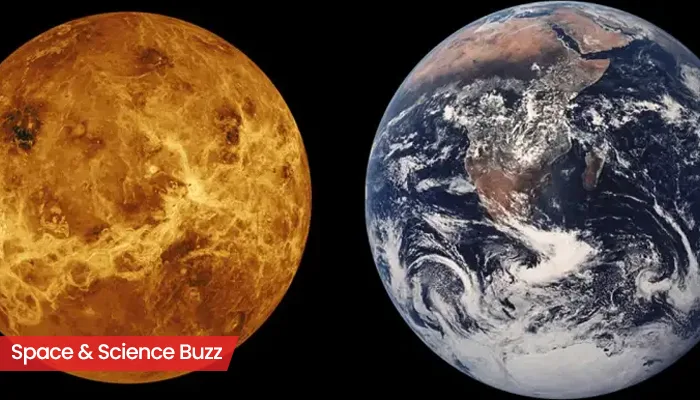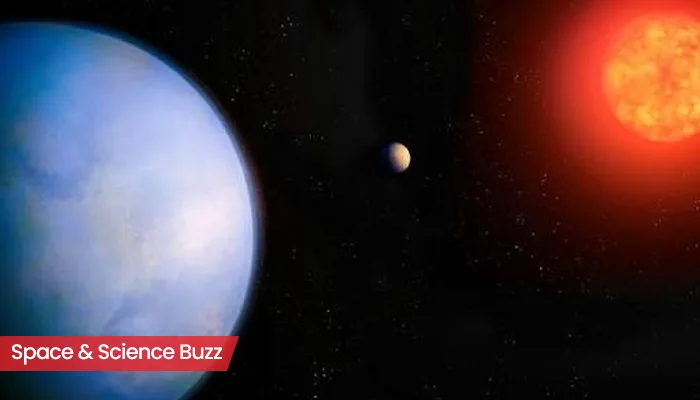
Here are today’s most important updates from the realm of Science and Space.
ISRO Set to Create an Eclipse: European Proba-3 Launch on November 29
The European Space Agency's (ESA) innovative Proba-3 mission has successfully finished its final test and scheduled to be launched by PSLV-XL launcher from ISRO’s Satish Dhawan Space Centreon on November 29. This unique dual-satellite mission will create an artificial solar eclipse in space when two satellites flying in accurate position, with one casting a shadow on the another to hide the Sun's disk. This exceptional technique will permit prolonged observation of the Sun's corona, a remarkable feat not achieved yet. Proba-3 is scheduled for shipping to India on October 21.
Jupiter’s Moon to Hear Hindi: NASA's Historic Message Aboard Europa Clipper

(Credit - pressvani.com)
In the recently launched Europa Clipper mission, a unique message recorded in Hindi language has also been sent to Jupiter's moon Europa. Researchers have engraved a message on the spacecraft in over 100 languages, including Hindi. The message “Paani” (meaning water) is etched on a 7 by 11-inch plate made up of tantalum metal. NASA has launched its largest planetary mission spacecraft to date, Europa Clipper to investigate the potential for human habitat in Jupiter's moon. The mission worth $5 billion carried spacecraft from earth to Europa for a 2.9-billion-km-long journey, to be completed in five and a half years. This is NASA’s first mission to study an ocean world beyond Earth. An initial telemetry reports showed Europa Clipper spacecraft is in good health and operating as predicted.
From Trillions to Billions: Elon Musk’s Revolutionary Plan to Make Mars Affordable

SpaceX CEO Elon Musk has proposed an ambitious vision for making human life possible on red planet soon at an affordable cost. In a series of tweets, the billionaire Musk stressed on the current prohibitive costs of Mars missions and urged for dramatic 1000-fold improvement in existing rocket and spacecraft technologies to reduce the cost. The Starlink owner designed a long-term plan to reduce the $1 trillion expenditure to less than $25 billion in upcoming 40 years with the advancement of technology.
Meanwhile, his company has done something unthinkable by catching the returning launchpad booster recently, which will drastically reduce cost and enhance rocket reusability. As of now, aerospace companies are checking the feasibility of the plan to potentially begin a new chapter in space exploration.
The Longevity Diet: Cutting Calories Could Be the Key to a Longer Life, Study Finds

Want to live longer? You need to reduce your calorie intake drastically, as confirmed by a recent study. Scientists at The Jackson Laboratory (JAX) detected that consistent lower caloric intake could extending lifespan. It was believed that lifespan is mostly heritable as genetics contributes largely on lifespan than dietary restriction. Human lifespan is controlled by stress resilience, high lymphocyte proportion, low red blood cell distribution width, as well as high adiposity in late life. The study challenged the existing belief and concluded that maintaining a consistently lower caloric diet can significantly enhance lifespan.

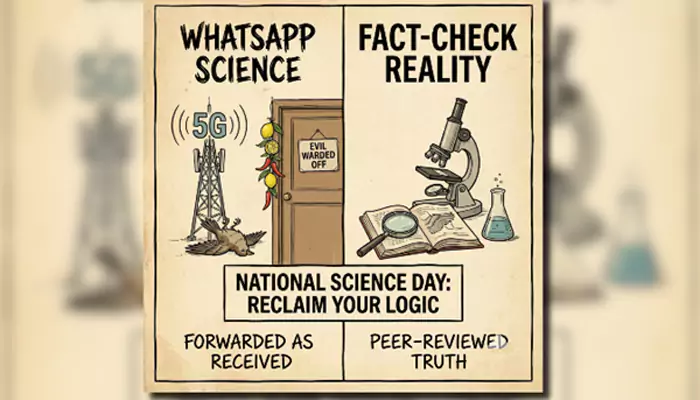
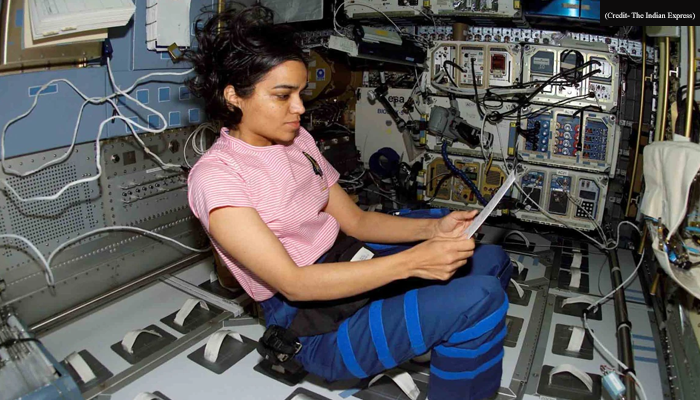
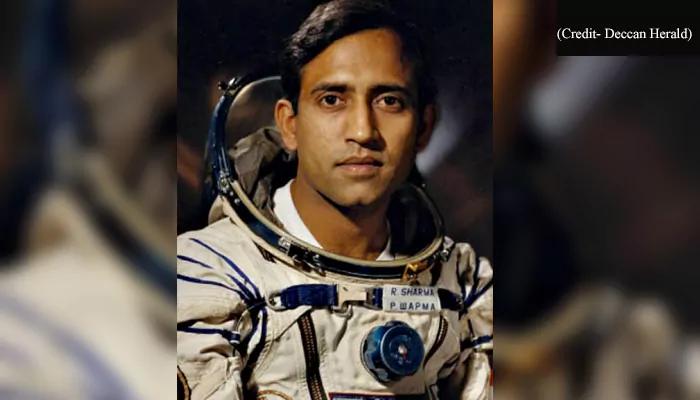


.webp)
.WEBP)
.WEBP)
.webp)
.webp)
